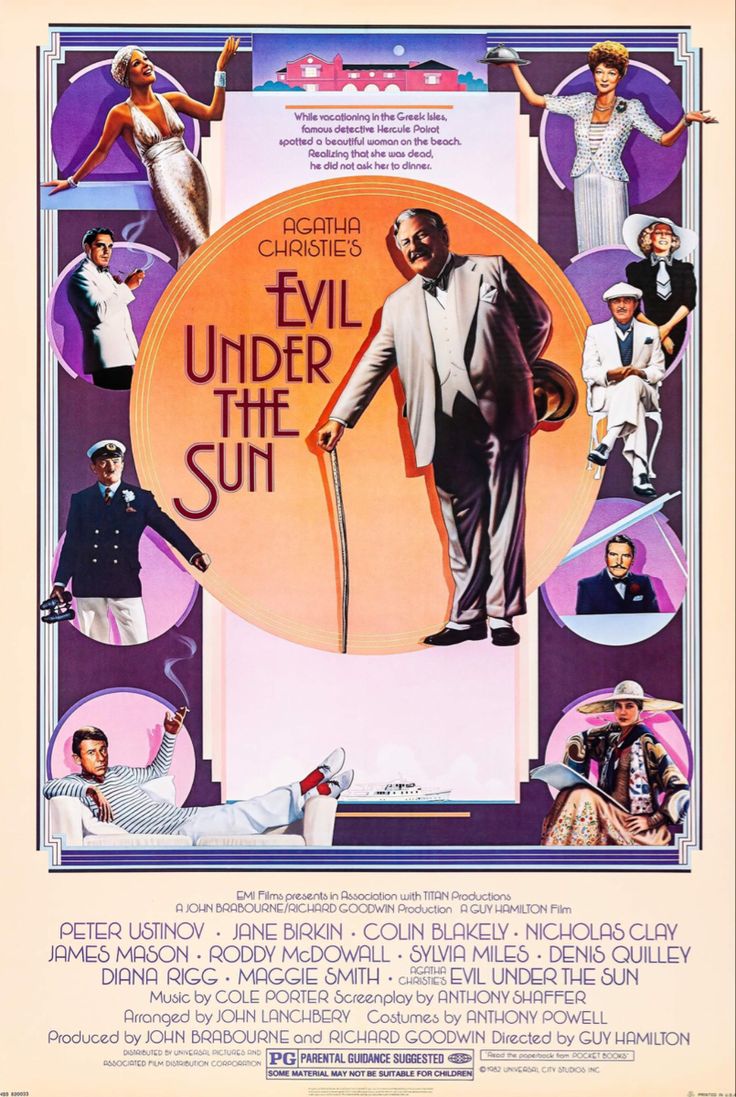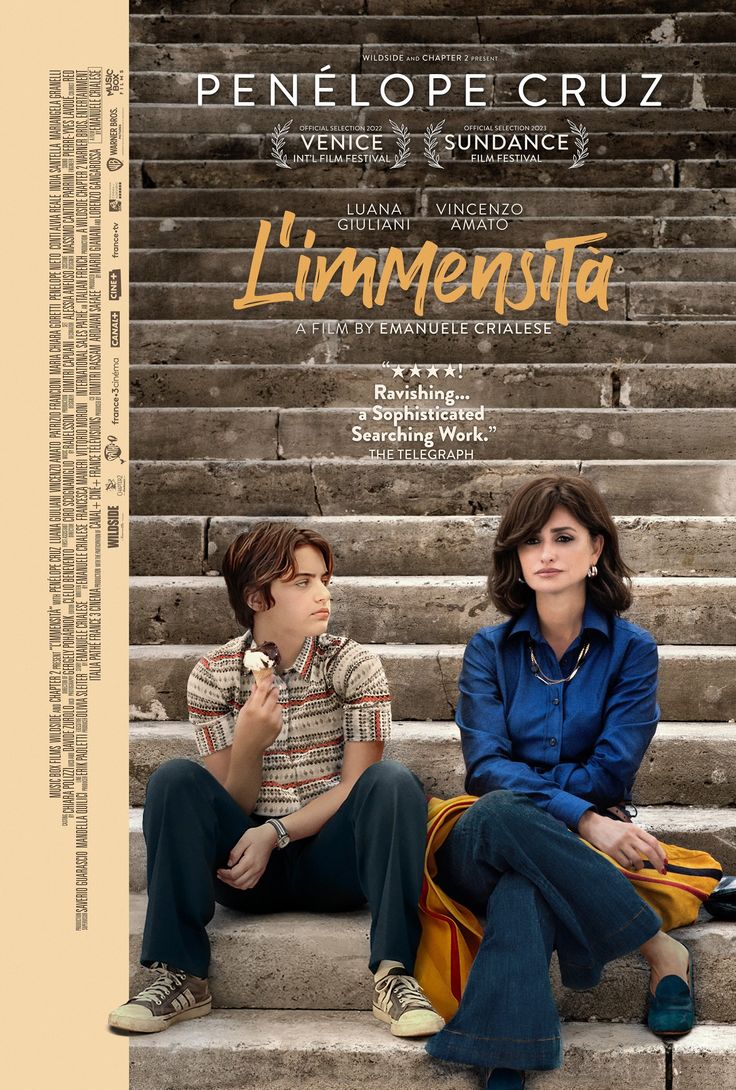Armchair Escapism 12
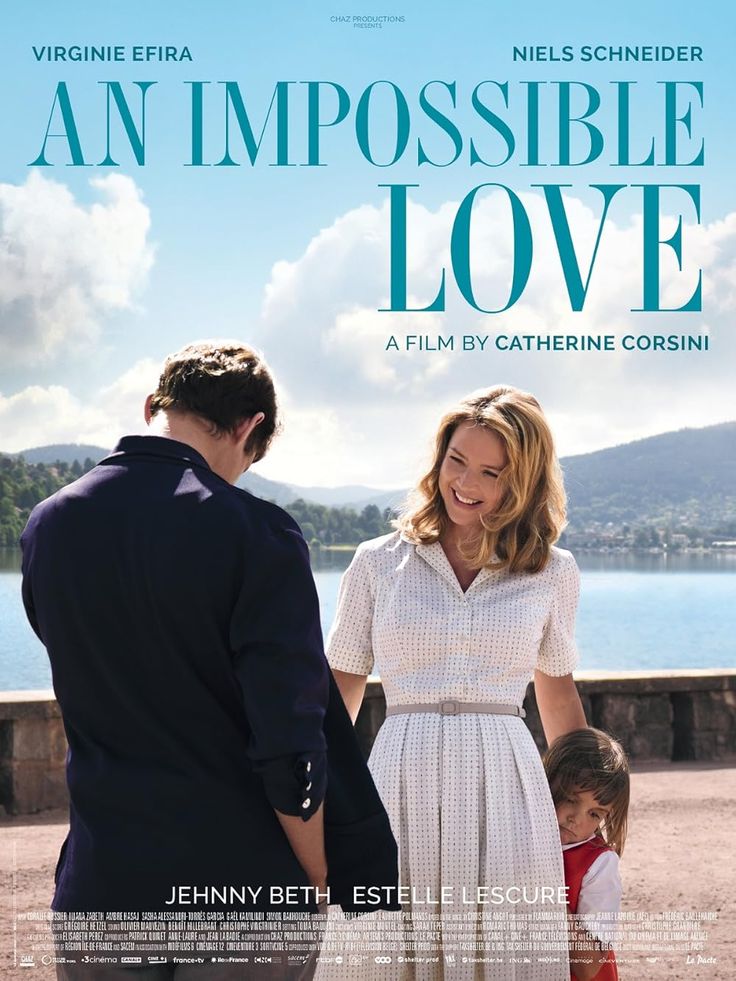
Getting inspired through books & films
Armchair Escapism 12
By Antonia Fest
A Rose for Winter – Laurie Lee
“The stars snapped shut, the sky bled green, vermillion tides ran over the water, the hills around took on the colour of firebrick, and the great sun drew himself at last raw and dripping from the waves. Scarlet, purple, and clinker-blue, the morning, smelling of thyme and goats, of charcoal, splintered rock and man's long sojourn around this lake.” Nobody writes quite like Laurie Lee and it is a pleasure to read his accounts of his return to Andalusia fifteen years after the start of the Spanish Civil War in 1936. The conflict had devastated the region, but Lee finds the pockets of authenticity that have remained bringing them to life with his eloquence and dramatic prose. He provokes thought, nostalgia and empathy as he travels through the back alleys, dines in the cheap taverns, and indulges in the bull fights or flamenco dances. A Rose for Winter should be read by any lover of Spanish life, culture, and history.
Corsica: Portrait of a Granite Island – Dorothy Carrington
Having spent over half her life on Corsica, the British expat Dorothy Carrington immortalised her existence on what she lovingly dubbed ‘the granite island.’ She and her then husband travelled there in 1948 for a fleeting visit where she was told to 'get away from here before you're completely bewitched and enslaved.’ Indeed, in 1954, Carrington relocated and nearly 20 years later, her book emerged. It portrays the unique intricacies of this French island which sits in Italian waters yet has an identity entirely of its own. As one of the last remaining Mediterranean destinations that remains truly under the radar, it is likely that Corsica has hardly changed since Carrington’s time.
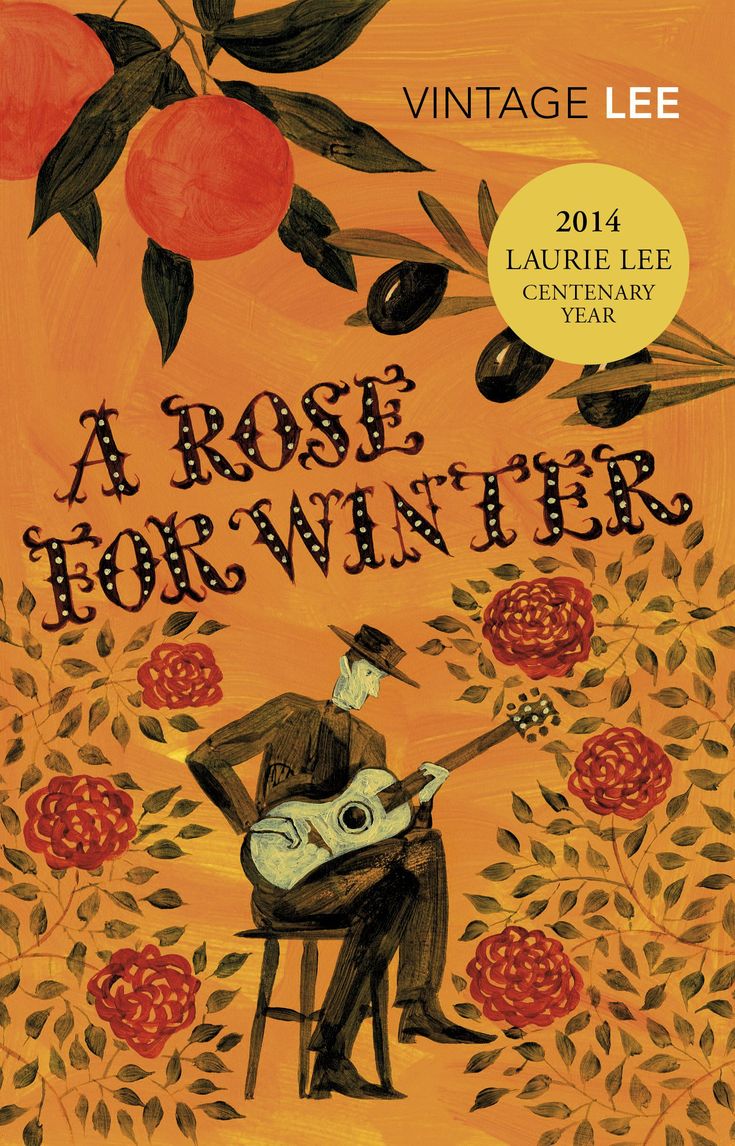
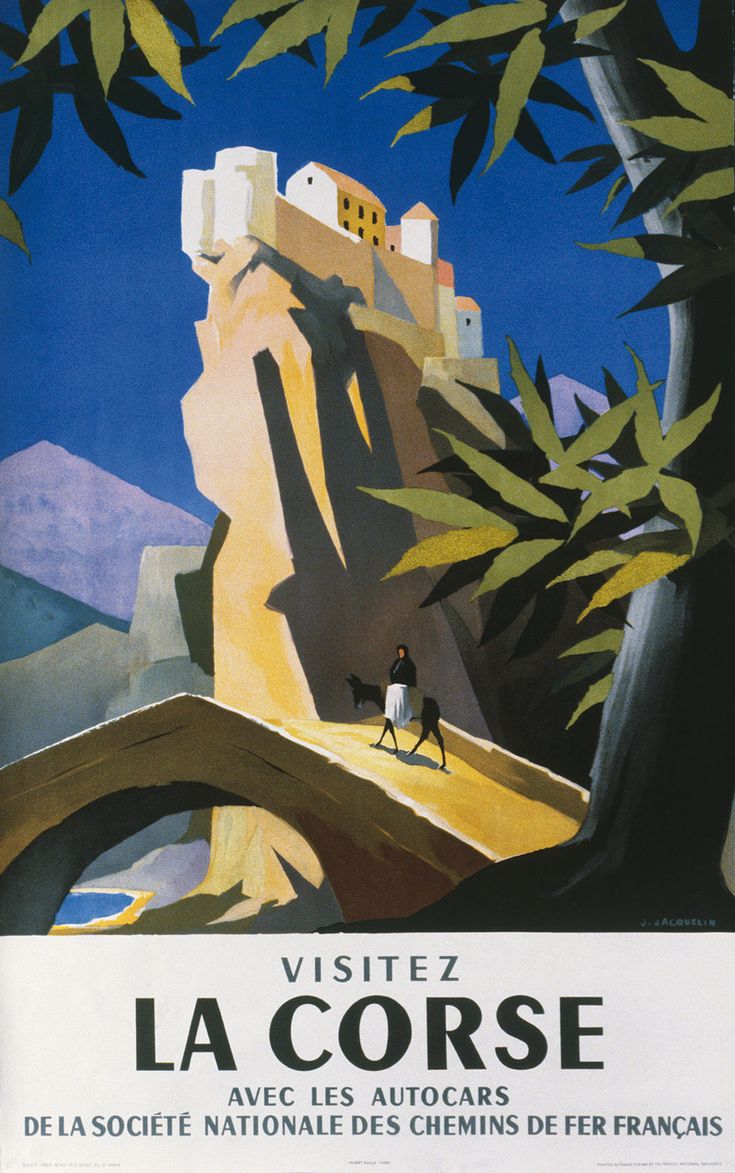
The Olive Farm – Carol Drinkwater
When London-based Carol and her partner Michel visit an abandoned, derelict olive farm on the outskirts of Cannes in the south of France, they can see its potential through the weeds and the dust: ‘Our voices and footsteps reverberate, and I feel the rumble of lives lived here. Tugging aside the netting, grazing a finger in the process, I gaze out at eloquent views over land and sea, and mountains to the west. Sun-drenched summers by the Mediterranean. Appassionata. Yes. I am seized.’ Scraping together every last penny they possess, the couple purchase their dream and begin restoring the house and land to its former glory. Drinkwater takes us a long with her through the trials, the misdemeanours and the victories. Her writings inspire us all to throw caution to the wind and pursue those fantasies of ours which we dismiss as insanity.
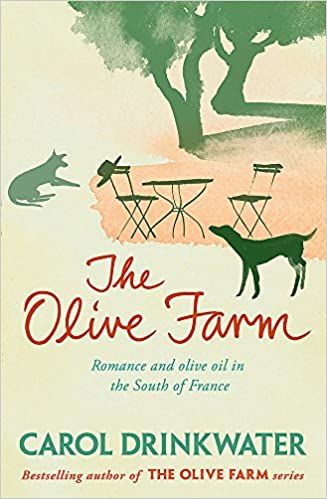
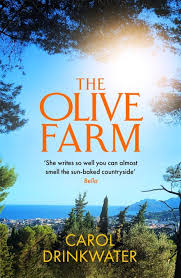
Films
Happy as Lazzaro
Lazzaro, a salt-of-the-earth naïve teenager lives in the depths of rural Italy among a peasant community under the cruel jurisdiction of the Marchesa Alfonsina de Luna. Alfonsina exploits the villagers who are made unaware that sharecropping has been made illegal. Lazzaro befriends her son, the spoilt Tancredi who opens new horizons to him. The film then takes a surreal spin when Lazzaro plummets from a cliff and appears to die. Instead, he wakes up in the future, where his surroundings have entirely changed. He embarks on an odyssey among an urban jungle far away from the countryside he grew up in. As Lazzaro tracks down his former friends, he goes on a journey of his own self-discovery and his naivety is chipped away piece by piece.
An Impossible Love
‘There are three kinds of love: marital love, passion, and an inevitable encounter. You and I are the inevitable encounter.’ So says Philippe, who comes from an educated upbringing to Raquel who is born into simpler means. Their romance blossoms in Châteauroux in the 1950s but when Raquel falls pregnant, Philippe refuses to marry her and leaves her to raise the baby alone. As Philippe dips in and out of his former lover and his daughter’s life, manipulating them both, Raquel is left to navigate the limbo of this love whilst learning to be a mother to her Chantal.
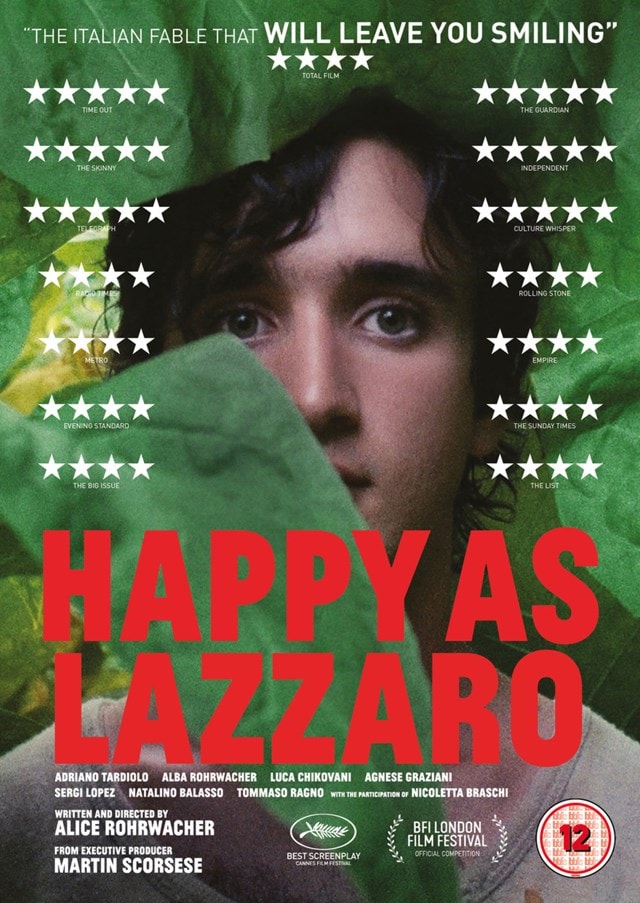
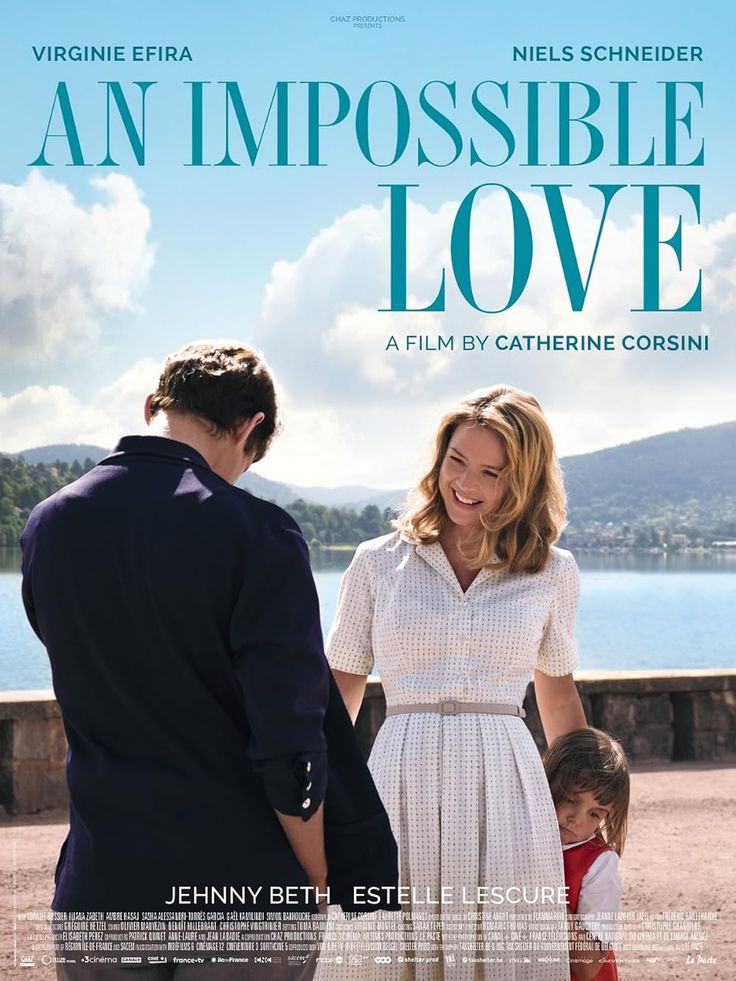
Evil under the Sun
There is nothing quite so nostalgic as watching the old Hercule Poirot films from the early 80s. Evil under the Sun is one of the best. Peter Ustinov returns as Poirot who is holidaying on a fictional island in the Adriatic (though most of the filming took place in Mallorca). Poirot must swiftly return to duty when a beautiful yet callow Broadway Star - who is honeymooning at the same hotel - is suddenly murdered. Against the backdrop of Mediterranean waters and craggy coastlines, the array of suspects presents themselves to the unyielding detective one by one.
L'Immensita
Rome, 1970s. Adriana and her family move into a new apartment just before her teenage years begin. This challenging time becomes all the more disorientating with her parents’ marital strife and her search for her own identity. We watch as Adriana sheds her current skin and grows a new one as Andrea, a typically male name in Italy. Andrea’s supportive mother Clara (played by Penelope Cruz) is counterbalanced by their enraged father who struggles to accept that his child is transgender. Reality often bends to scenes of joyous surrealism, underlying the need for escapism in moments of hardship. It’s a beautiful, important and poignant watch largely inspired by the director Emmanuele Crialese’s own upbringing.
